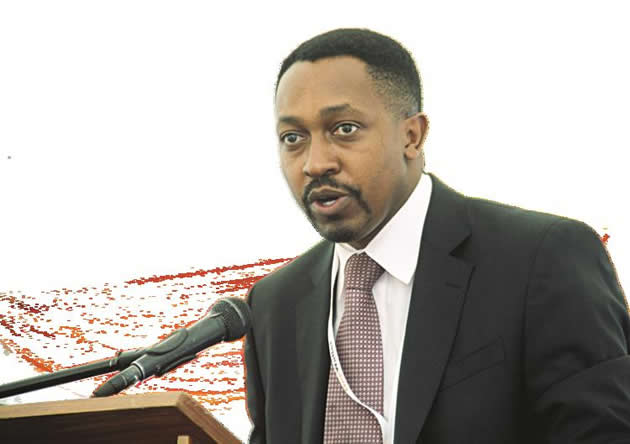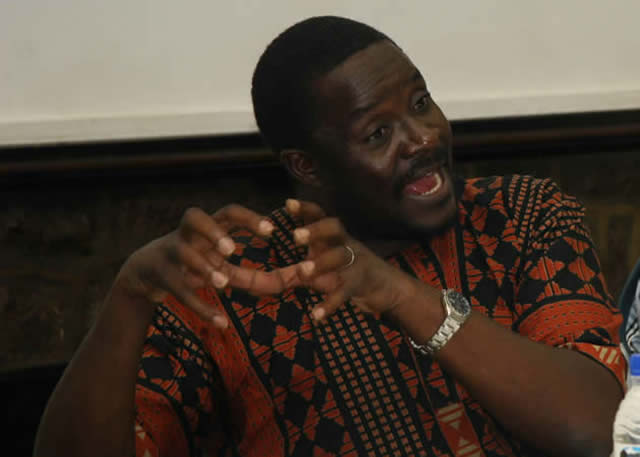SEZ delays push away investors

Oliver Kazunga Senior Business Reporter
ZIMBABWE is losing strategic investment due to delays in the implementation of Special Economic Zones (SEZ), captains of industry said yesterday. Discussing during a 2016 pre-budget seminar organised by the Zimbabwe National Chamber of Commerce in Bulawayo, the business community said certain investors with interest in the manufacturing sector were now looking elsewhere as progress on SEZ remains slow.
SEZ are designated geographical regions, which operate under special economic regulations that are different from other areas in the same country.
The SEZ initiative provides special conditions and incentives to promote international competitiveness.
Most governments have established SEZs to attract foreign direct investment, promote export-oriented growth, acquire new technology by bringing companies to manufacture goods in their countries thus generating employment and increasing the share of manufacturing over the Gross Domestic Product
Confederation of Zimbabwe Industries (CZI) president Busisa Moyo said continued delays in declaring Bulawayo a special economic zone, for instance, has resulted in investor fatigue.
“Zimbabwe is too small to really get industrial economies of scale. Here in Bulawayo we’ve been advocating for the city to be declared a SEZ three years ago and we’re still lobbying,” said Moyo.
“So far we’ve managed to get at least an indication, still it hasn’t happened because while we’re waiting and talking we’re being overtaken by events and some of these sectors are disappearing and by the time we declare Bulawayo a SEZ investors would be somewhere in Ethiopia.”
Moyo, who is also chief executive officer for United Refineries Limited, said the government needs to move with speed especially after coming up with a legal framework to support the concept.
He said the business community has identified four clusters which Bulawayo could lean on as a SEZ.
“So far we’ve managed to convince cotton-clothing and it’s very much part of manufacturing, beef-leather value chain, wood-furniture and steel-billets value chain because of the foundries and smelters that we have. Once we’ve NewZim Steel going, Bulawayo presents a good opportunity for steel manufacturing and so on,” Moyo explained.
ZNCC past president Obert Sibanda said businesses should “push” for the establishment of SEZ in Bulawayo.
“At a recent seminar in Harare,” he said, “we discovered that Bulawayo is actually ready for the SEZ than other parts of the country especially with the TransLimpopo Spatial Development Initiative.”
SEZ are at the heart of the government’s blue-print, Zim-Asset, which President Mugabe said would provide the impetus for foreign direct investment.
Sibanda said resuscitating strategic companies such as the National Railways of Zimbabwe (NRZ) should also be given priority in the 2016 national budget.
“NRZ is a key driver for the economy. So, l believe if we were to push for NRZ to be functional, all those trucks that are destroying the roads will disappear, and your cost of production will really go down,” he said.
Participants also agreed that Bulawayo and Matabeleland region at large should be prioritised in terms of infrastructural development projects such as irrigation and dam construction.
“I think we should now move from this mentality that we’re known for livestock production,” said one speaker.
ZNCC executive member Sifelani Nhliziyo said industry should advocate for the review of penalties that businesses were being charged by the Zimbabwe Revenue Authority for failing to meet statutory obligations.
“I’ve never heard any forum attacking the penalty regime in Zimbabwe. But that’s where our problem is, our penalty system was actually crafted when we were using the local currencies whereby within a year you’re able to just go to the bank and pay the 100 percent penalty.
“But with the US dollar where do you get the 100 percent penalty of 15 percent Value Added Tax. This is the area that as industry you need to start proposing changes,” he said.
“The penalty isn’t meant to kick you out of business but to make sure that you feel the pain and you continue operating, not to threaten your survival.”
The participants said the country’s tax regime should compare fairly with other regional countries.









Comments